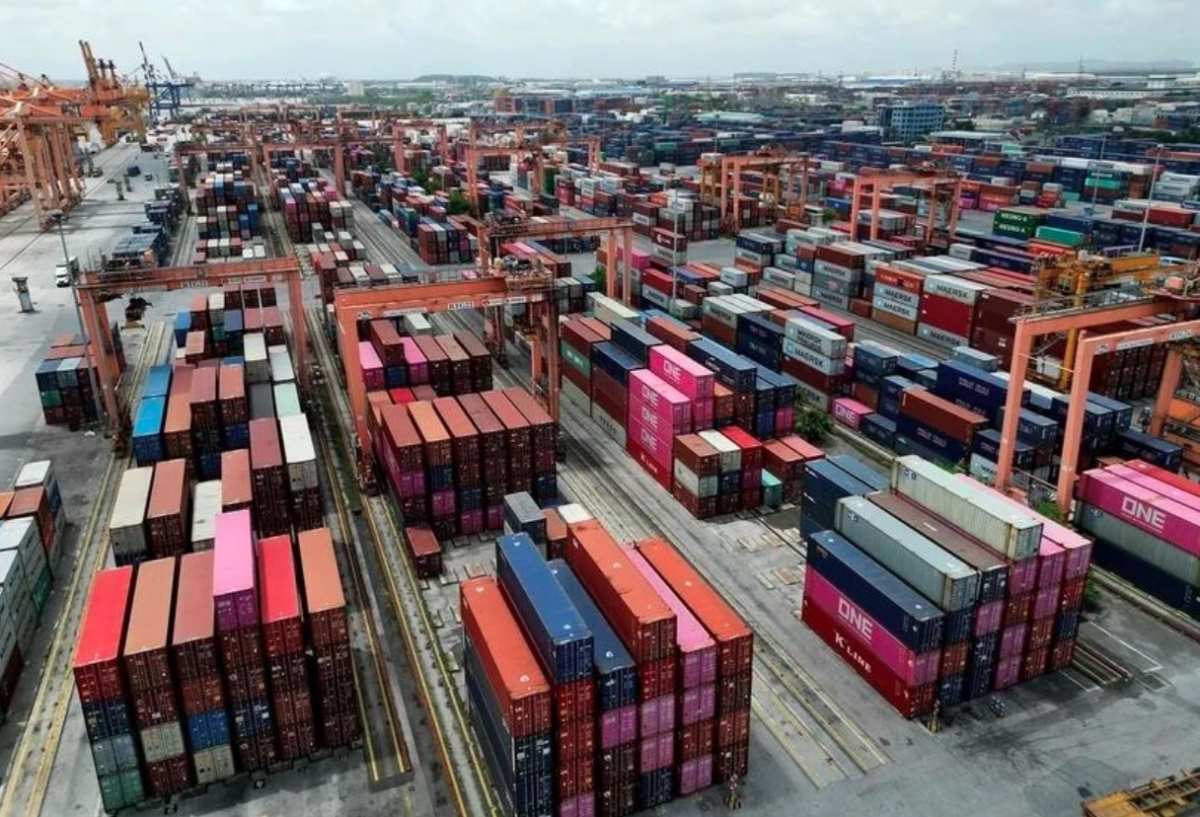ADB economist suggests Vietnam enhance economic resilience against disasters
An economist of the Asian Development Bank (ADB) has emphasised the need to strengthen the resilience of the Vietnamese economy against natural disasters given the devastating consequences of Typhoon Yagi, the strongest to hit Vietnam in decades, and its aftermath.
In an exclusive interview granted to the Vietnam News Agency (VNA), Nguyen Ba Hung, Principal Country Economist at ADB Vietnam, said initial estimates put the typhoon damage at VND81.5 trillion (US$3.31 billion).
The final loss evaluation depends on the efficiency of recovery efforts, he said, noting as Vietnam is frequently hit by natural disasters, requiring enhanced resilience to deal with the aftermath and rebuilding.
Hung suggested that for the short run, State support for recovery and reconstruction should be stepped up, citing the government aid package worth VND350 billion after the typhoon.
However, the reconstruction process should go beyond mere restoration, focusing on building and upgrading infrastructure to be more sustainable and resilient to future natural disasters, he said.
In the long term, Vietnam should adopt a systematic approach to establish resilience standards against natural disasters, such as creating design standards for civil and infrastructure projects, he said, adding for risks like floods, landslides, and storms, such design standards will serve as a foundation for rebuilding with greater resilience to similar disasters in the future.
The economist also suggested more attention to the insurance market, particularly specialised products for disaster risk management, and explained that insurance for assets, including public assets and crops, will help people and businesses quickly recover after natural disasters.
Asked about the US Federal Reserve (Fed)’s lowering interest rates by 50 basis points on September 19, Hung said its direct impact on the Vietnamese economy is minimal. However, the economy still faces the broader challenge of weakening import demand of developed countries as exports alone make up about 80% of Vietnam’s gross domestic product (GDP).
From the monetary policy perspective, the trend of lowering interest rates will help narrow the gap in this regard. Macroeconomically, this will ease pressure on the exchange rate between the Vietnamese dong and the US dollar, presenting an advantage for Vietnam, he noted.
Hung pointed to the weak credit demand as the economic slowdown has led to reduced capital needs among businesses. Therefore, he said, further interest rate cuts are unlikely to be effective.
Given this, Vietnam needs effective demand stimulation policies, he went on, adding once domestic demand is boosted, businesses will see opportunities for production and growth, thus seeking to access loans for expansion.


